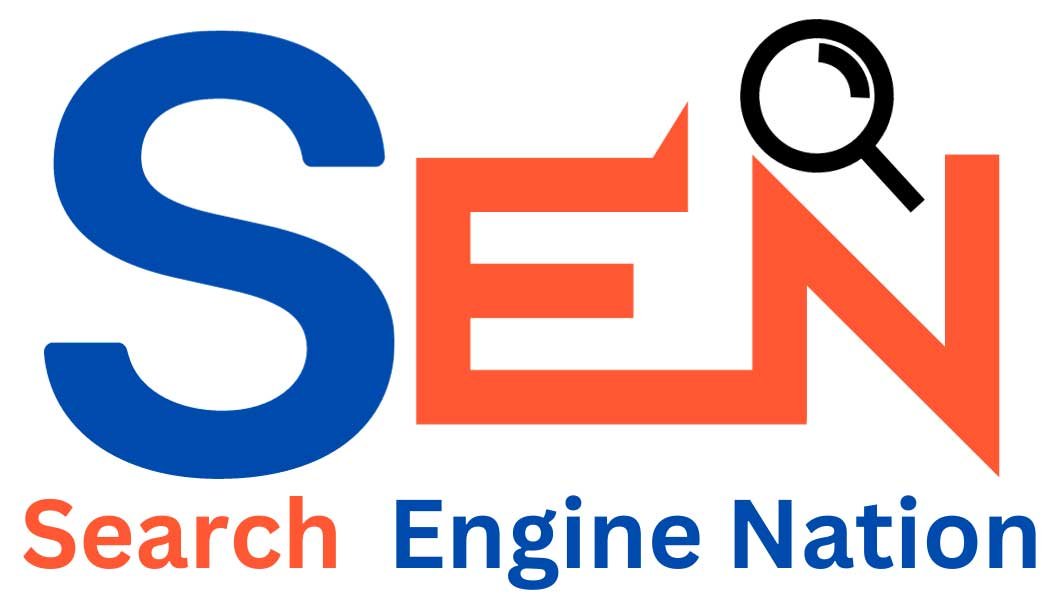What Is A Meta Description?
Roshan Rajput2024-02-09T07:58:46+00:00A meta description is an HTML attribute that provides a concise summary of a webpage’s content. It appears below the page title in search engine results pages (SERPs) and is designed to entice users to click through to your website. In this article, we will explore the importance of meta descriptions for SEO and discuss best practices for writing effective ones.
Are Meta Descriptions Important for SEO?
Meta descriptions play a crucial role in search engine optimization (SEO) as they can significantly impact click-through rates (CTRs) from search results. While meta descriptions do not directly affect search rankings, they indirectly influence organic traffic to your website. A well-crafted meta description can entice users to click on your link, increasing your CTR and potentially improving your search visibility over time.
However, search engines sometimes choose to display a different snippet of text from your webpage if they deem it more relevant to the user’s query. This means that even if you write a compelling meta description, it may not always appear in the search results. Nonetheless, investing time and effort into crafting strong meta descriptions can still yield positive results by enticing users to click through to your website.
How To Write An Seo Meta Description (+ Best Practices)
Writing an SEO-friendly meta description requires careful consideration of your target audience and the keywords they are likely to use in their search queries. Here are some best practices to help you create effective meta descriptions:
- Keep it concise: Meta descriptions should be around 155-160 characters long to ensure they are fully displayed in search results. Use this limited space wisely to provide a compelling summary that entices users to click through to your website.
- Include relevant keywords: While meta descriptions do not directly impact search rankings, including relevant keywords can help reinforce the relevance of your webpage to users. However, avoid keyword stuffing or using irrelevant keywords just for the sake of including them.
- Make it unique: Each page on your website should have a unique meta description that accurately reflects its content. Avoid using duplicate meta descriptions across multiple pages, as this can confuse search engines and users.
- Focus on benefits: Highlight the unique selling points or key benefits of your webpage to entice users to click through. Address their pain points or offer a solution to their problem to grab their attention and encourage engagement.
- Use a call to action (CTA): A well-placed call to action in your meta description can increase the likelihood of users clicking through to your website. Whether it’s “Learn more,” “Shop now,” or “Discover our latest offers,” a clear and compelling CTA can drive higher CTRs.
By following these best practices, you can optimize your meta descriptions for improved click-through rates, thereby increasing the potential for higher organic traffic to your website.
Should You Set Meta Descriptions On Every Page?
While it is generally recommended to set meta descriptions for every page on your website, there may be instances where it is not necessary or beneficial. For example, if you have a page that is intended for internal use only or contains sensitive information, you may choose to exclude a meta description.
However, for most webpages that are meant to be discoverable by search engines, setting a meta description is essential. It helps search engines understand the content of your page and provides users with a concise preview of what they can expect if they click through.
Setting meta descriptions on every page also allows you to have more control over how your website appears in search results. By crafting compelling and relevant meta descriptions, you can increase the likelihood of users clicking through to your website, ultimately driving more traffic and potential conversions.
FAQ
No, meta descriptions do not directly influence search rankings. However, they can indirectly affect organic traffic by improving click-through rates from search results.
Meta descriptions should be around 155-160 characters long to ensure they are fully displayed in search results. Use this limited space wisely to provide a concise and compelling summary of your webpage.
Yes, each page on your website should have a unique meta description that accurately reflects its content. Avoid using duplicate meta descriptions across multiple pages.
In conclusion,
meta descriptions are an essential aspect of SEO that can significantly impact click-through rates from search results. By following best practices such as keeping them concise, including relevant keywords, and using compelling
CTAs, you can optimize your meta descriptions for improved organic traffic. While it is generally recommended to set meta descriptions on every page, there may be exceptions where it is not necessary or beneficial. However, for most webpages that are meant to be discoverable, setting unique and engaging meta descriptions is crucial for driving traffic and potential conversions.
Want to grow your business? Call the best digital marketing agency in Delhi today!












